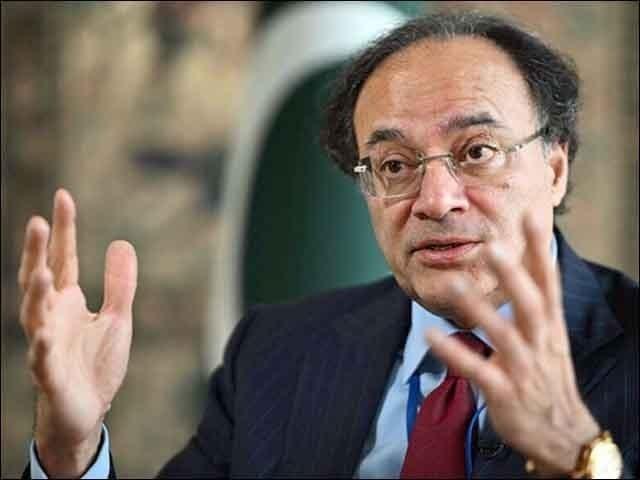Federal Finance Minister Muhammad Aurangzeb has announced that the government aims to increase Pakistan’s tax-to-GDP ratio from the current 9-10% to 13% in the next three years.
He highlighted the importance of tax reforms as a critical part of the government’s economic strategy.
Addressing a press conference in Islamabad along with Minister of State Ali Pervez and Federal Minister for Information and Broadcasting Attaullah Tarar, Aurangzeb stated that aligning income and expenditure of taxpayers was essential for economic stability.
He noted that a tax amendment bill has already been introduced in Parliament, which aims to reduce human intervention in the Federal Board of Revenue (FBR) through the use of technology, thereby reducing corruption and harassment.
The Finance Minister also highlighted the ongoing structural reforms and mentioned that the tax/GDP ratio target will exceed 13.5% in three years.
“We are working on digitalization and reducing human intervention to ensure better compliance and efficiency,” he said.
Aurangzeb added that key measures would be taken to increase revenue, with an emphasis on expediting the digitalization process that began in March.
He assured that the government would focus on minimizing the burden on honest taxpayers while addressing tax leakage.
“The tax burden must be distributed equitably among all sectors of society,” he said, emphasizing that the reforms will ensure that no group bears an excessive tax burden.
He mentioned that the government is reviewing the value chains of sectors such as sugar, beverages and cement to address tax gaps.
State Minister Ali Pervez highlights inflation control efforts
In his speech, the Minister of State for Finance, Ali Pervez Malik, stressed that inflation is the biggest fiscal burden for ordinary citizens.
He pointed out that stopping inflation requires controlling fiscal deficits. “Inflation has decreased from 30-40% to around 5%, and its impact is starting to reach the general public,” he said.
Pervez Malik further stated that the government is focused on ensuring that the tax burden is distributed equally across all sectors, rather than concentrating on a single group.
He added that there is now a robust system to collect data on both taxpayers and defaulters.
The government has identified 190,000 people who should be included in the tax net.
“The aim is for the richest people to contribute their fair share to the economy, and regular data exchanges will help shape policies accordingly,” he said, outlining ongoing capacity building efforts within the FBR to improve tax compliance.




